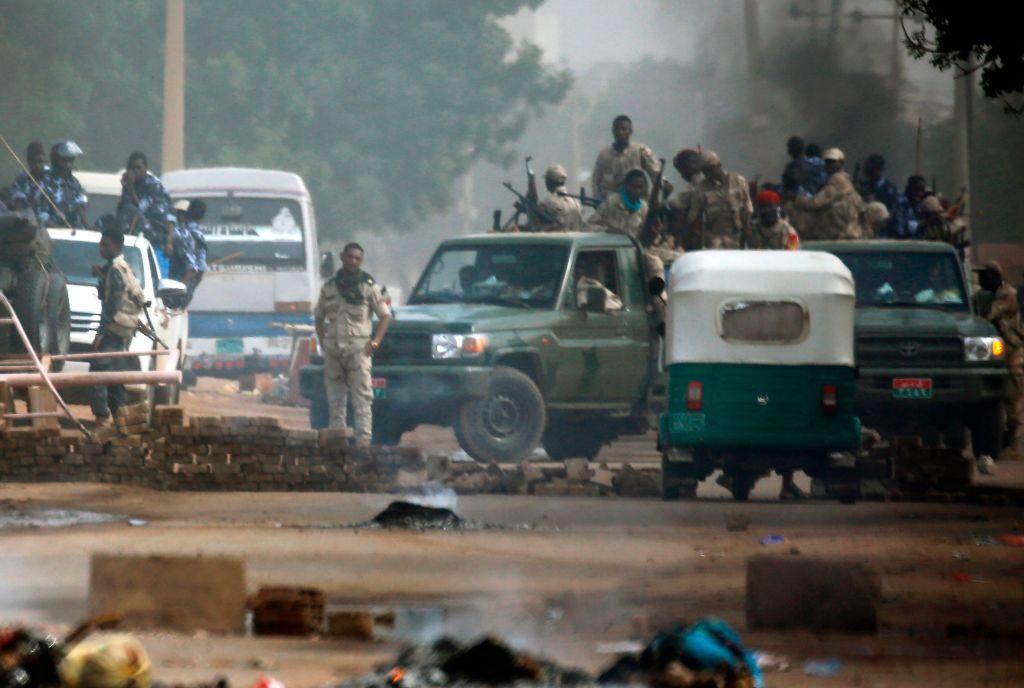China and Russia blocked the United Nations Security Council from passing a statement to condemn Sudanese military rulers for their massive killings of citizens.
On June 3, Sudan’s security forces violently dispersed a protest camp outside the Defense Ministry building in central Khartoum, the capital of Sudan. Footage shared on social media and verified by Reuters showed chaotic scenes of people fleeing as sustained bursts of gunfire crackled in the air.




